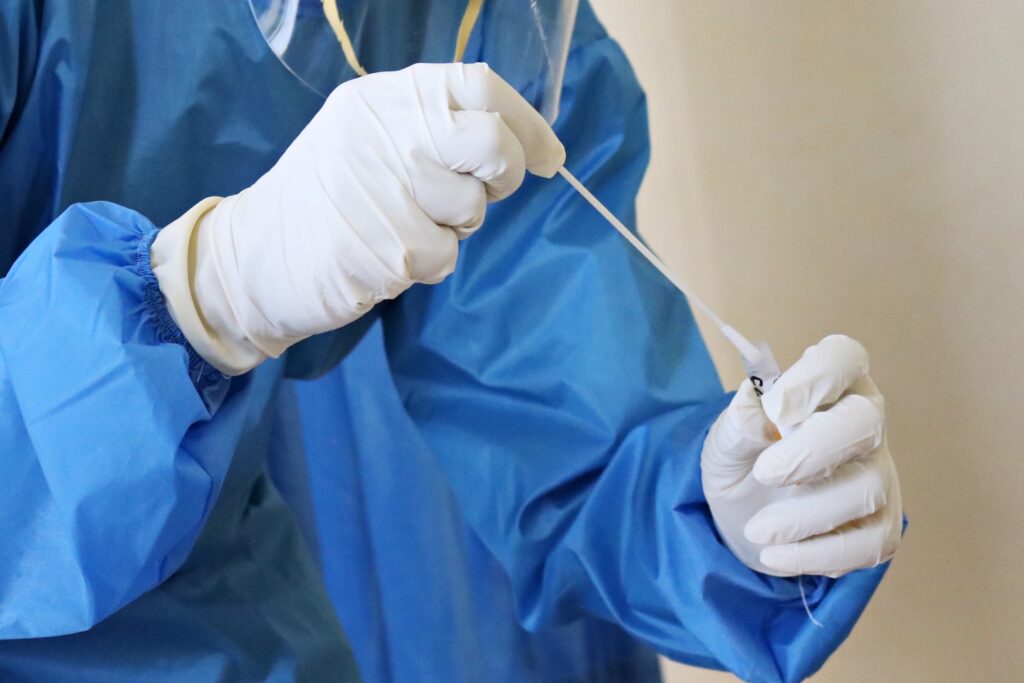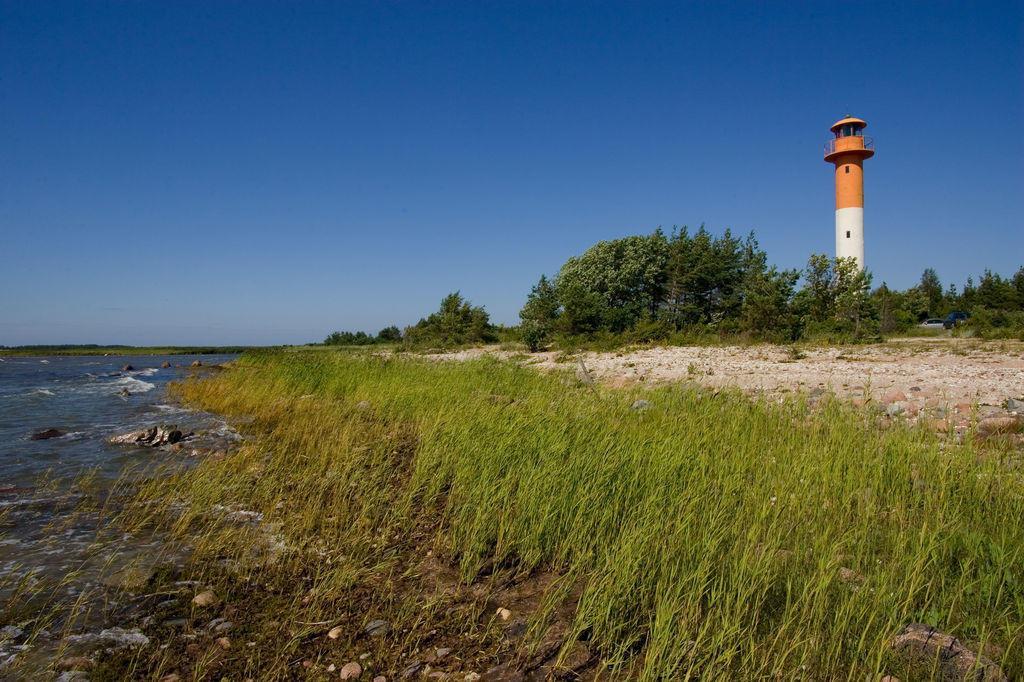In the week of 12 July, people arriving in Estonia from five European countries will need to self-isolate for ten days to help curb the spread of the coronavirus and its different strains.
A ten-day self-isolation requirement applies on entering Estonia from a country in the European Union, the European Economic Area and the Schengen area with an infection rate above 150 per 100,000 inhabitants in the past 14 days.
From 12-18 July, the self-isolation requirement applies to people arriving from Andorra, Cyprus, Portugal, Spain and the United Kingdom.
People arriving from a country with an infection rate below 150 per 100,000 inhabitants in the past 14 days don’t need to self-isolate.
In the week of 12 July, these countries are Austria, Belgium, Bulgaria, Croatia, the Czech Republic, Denmark, Finland, France, Greece, Germany, Hungary, Iceland, Ireland, Italy, Latvia, Lithuania, Liechtenstein, Luxembourg, Malta, Monaco, the Netherlands, Norway, Poland, Romania, San Marino, Slovakia, Slovenia, Sweden and Switzerland.
It is also possible to travel to Estonia from Albania, Armenia, Australia, Azerbaijan, Bosnia and Herzegovina, Brunei, Canada, Hong Kong, Israel, Japan, Jordan, Lebanon, Kosovo, Macau, Moldova, Montenegro, Northern Macedonia, New Zealand, Qatar, Rwanda, Saudi Arabia, Serbia, Singapore, South Korea, Thailand, Taiwan and the United States.
A ten-day self-isolation is mandatory for people arriving from countries with an infection rate above 75 per 100,000 inhabitants in the past 14 days. From 12-18 July, the self-isolation requirement applies upon arrival from Rwanda and Thailand.
People from high-risk countries need to take a test before arriving
Starting from 12 July, foreigners from countries with a high risk of coronavirus infection outside of the European Union can only enter Estonia if they take a coronavirus test before arriving in the country and the result is negative.

The self-isolation and testing requirements are not mandatory for people who have undergone a COVID-19 vaccination programme (ie they’ve gotten both shots of either Pfizer, Moderna or AstraZeneca vaccine and two weeks have passed since the second dose; or they’ve gotten the single-shot Johnson & Johnson vaccine and two weeks have passed since) within the past year. This applies to people arriving from anywhere in the world.
Also, people who have suffered from the novel coronavirus and no more than a year has passed since they have been declared cured, don’t need to test or self-isolate.
The Estonian foreign ministry is asking all international travellers to check the border crossing conditions of both the destination and transit country and to assess whether travelling is necessary. Countries may impose measures to prevent the spread of new strains of the virus at a short notice.
Cover: Sõru lighthouse in Hiiumaa. The image is illustrative. Photo by Lembit Michelson.

